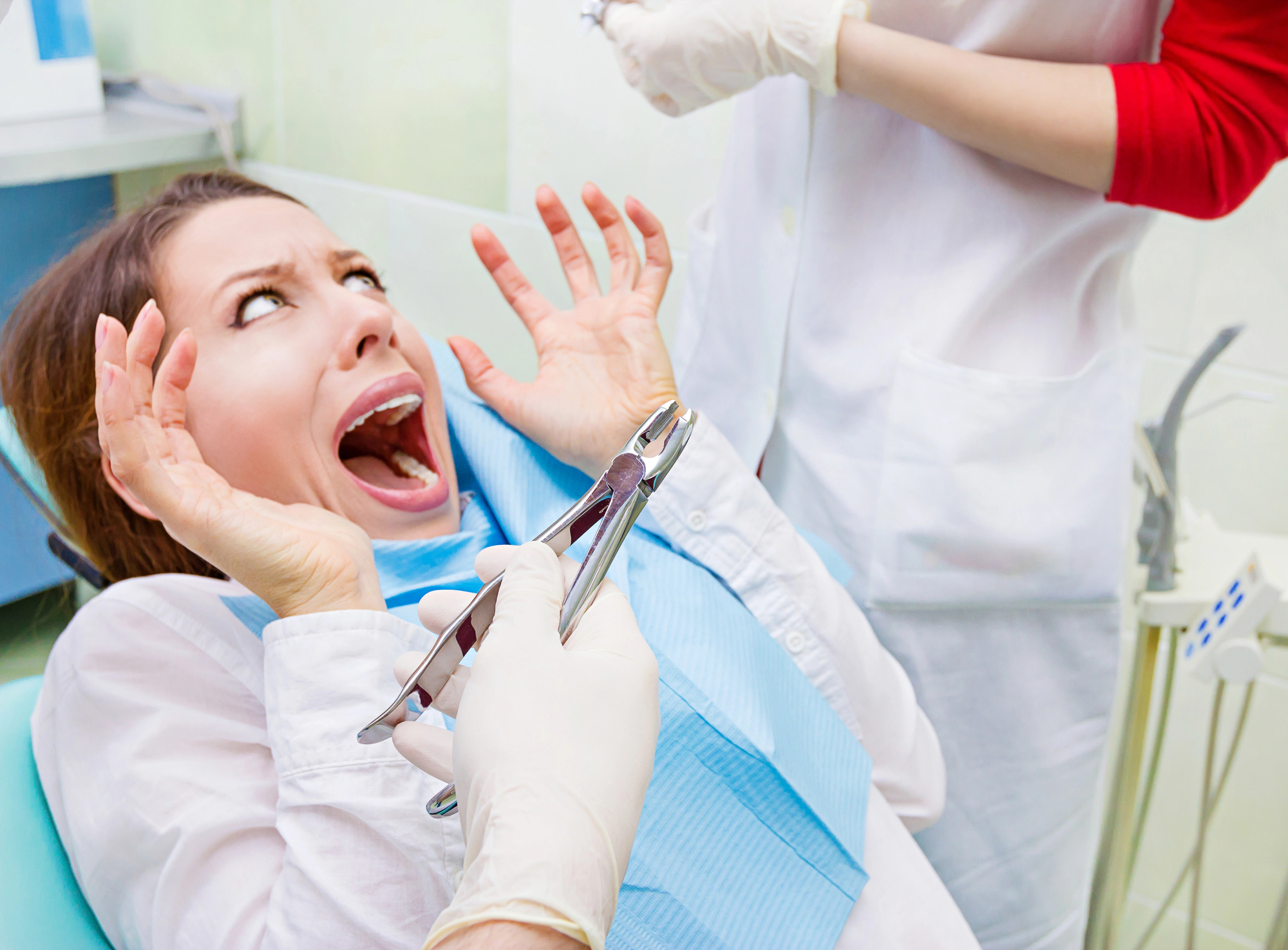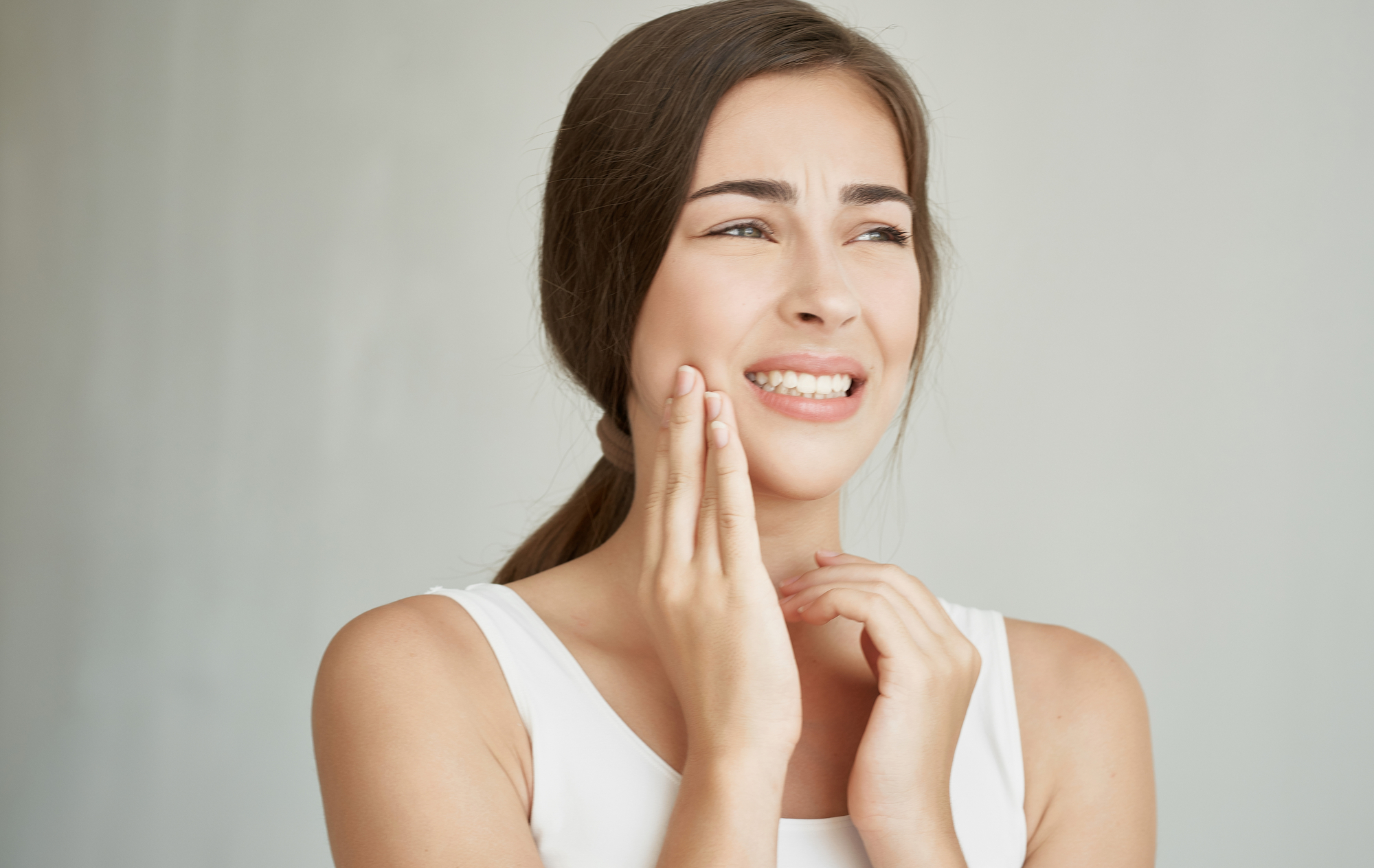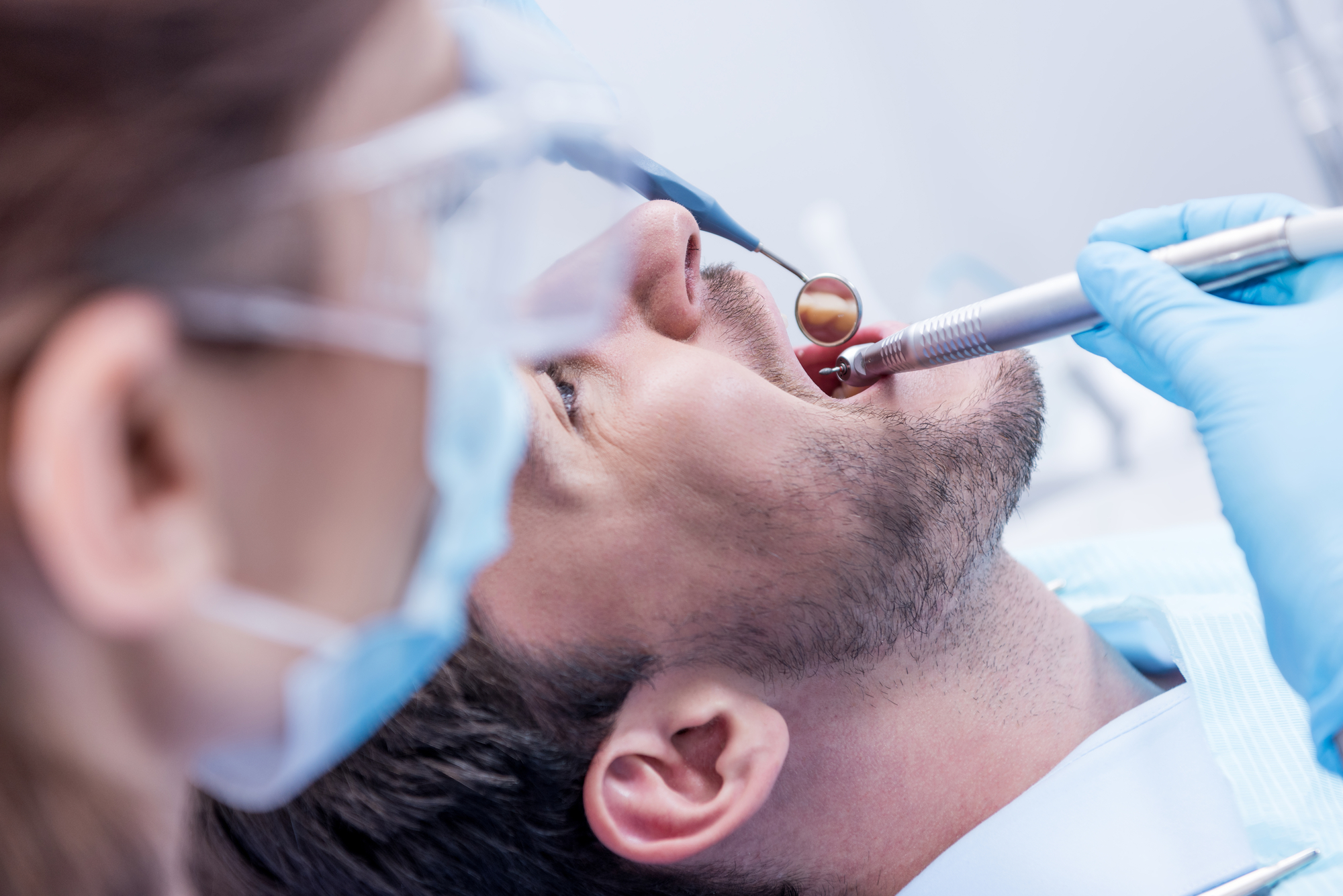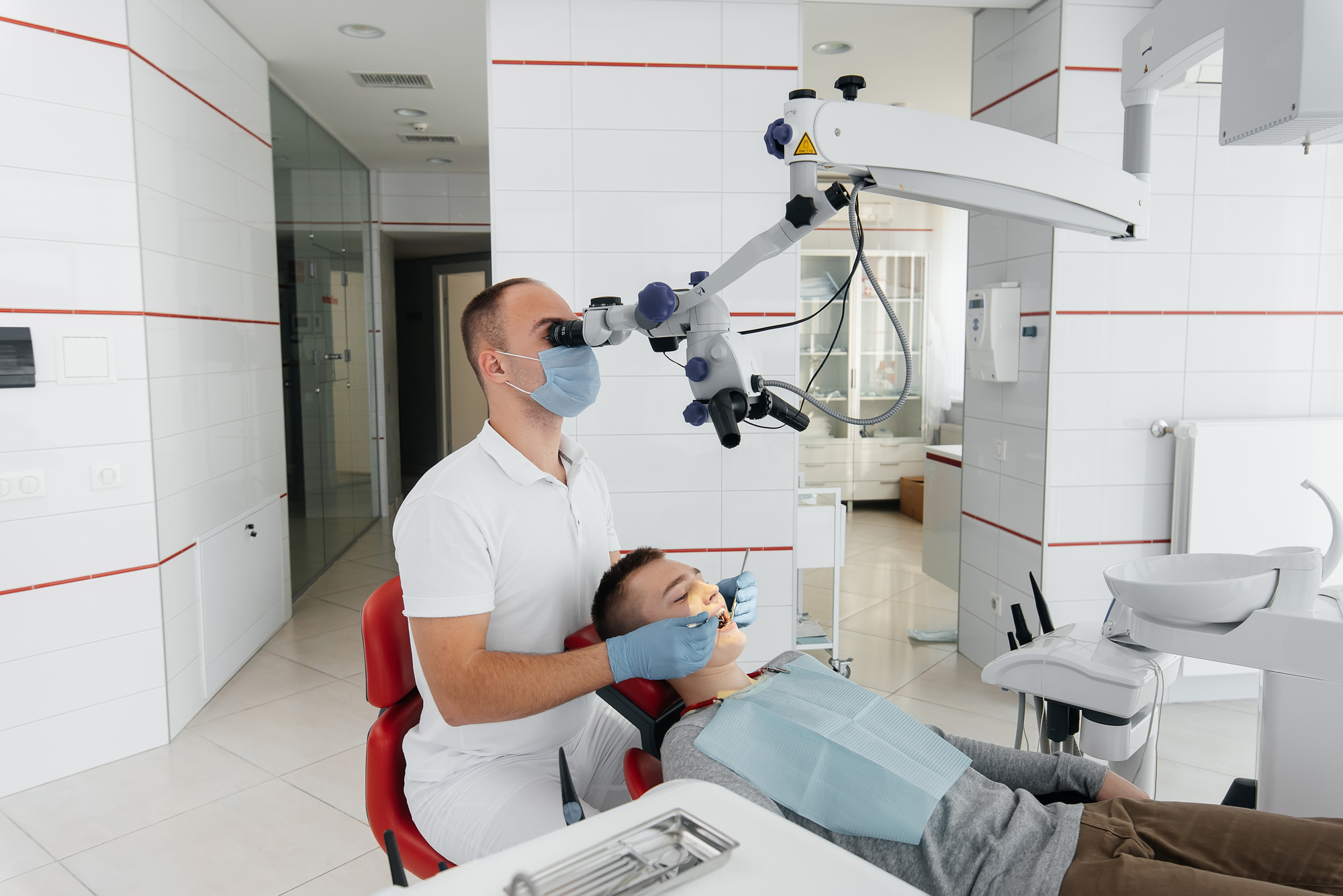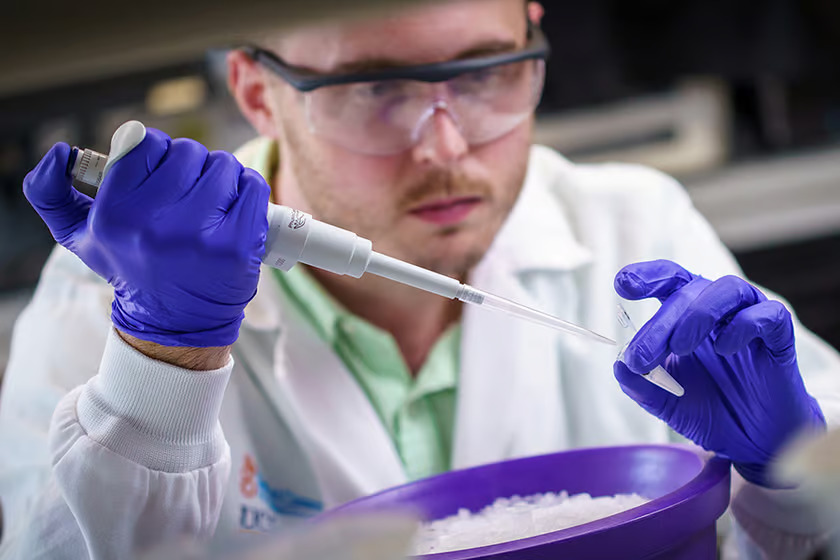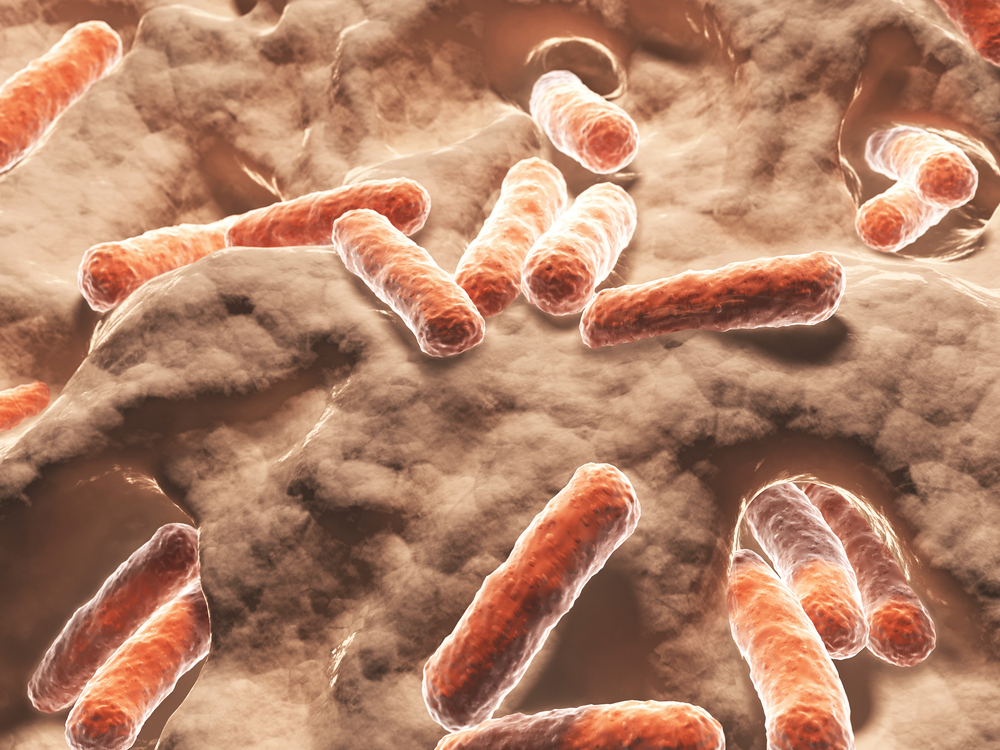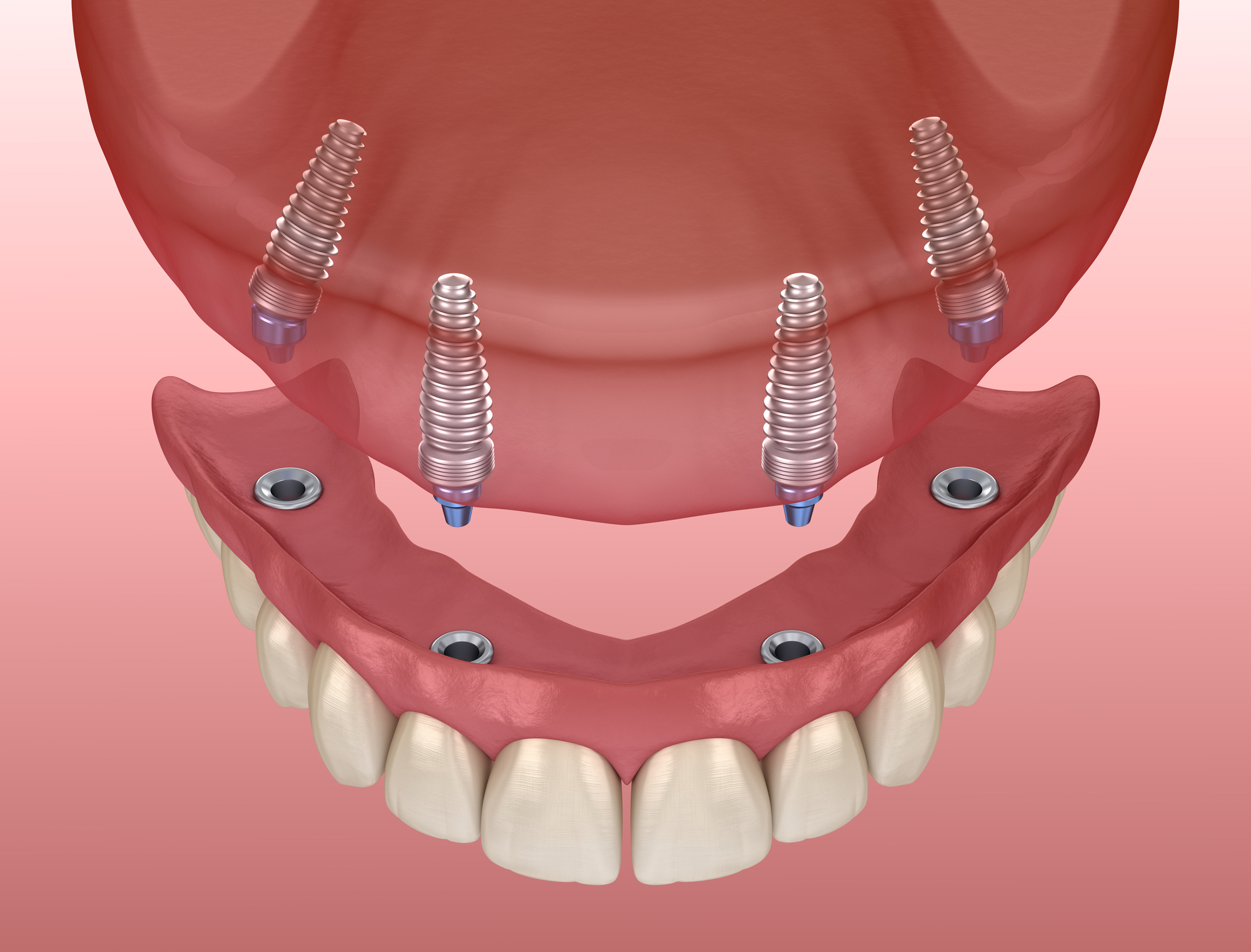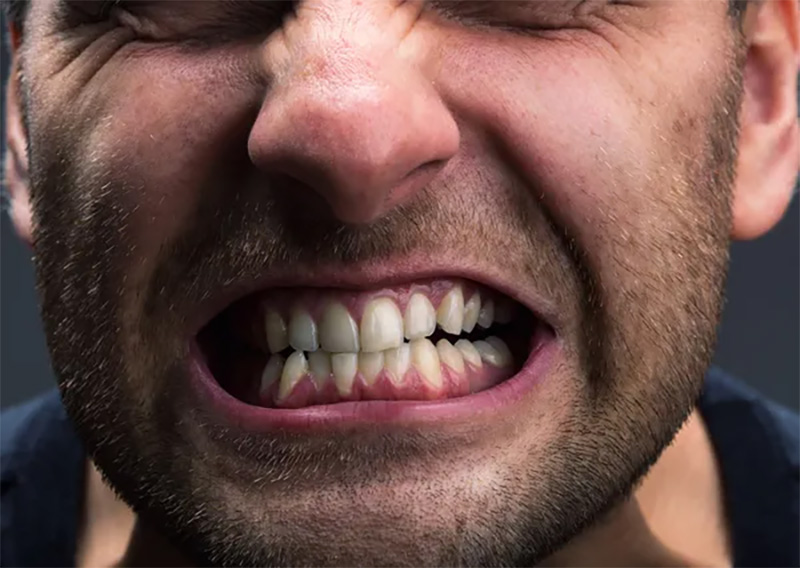I. Introduction
A. Explanation of Dental Anxiety
Dental anxiety is a general condition that affects millions of people worldwide. It is characterized by feelings of fear, worry, and nervousness about visiting the dentist or undergoing dental procedures.
B. Prevalence of Dental Anxiety
Studies suggest that dental anxiety is prevalent in up to 20% of the population. It is more common in women and younger individuals. While dental anxiety can be a challenging issue to overcome, it’s important to remember that there are many treatments for anxiety nowadays.
C. Consequences of Dental Anxiety
Dental anxiety can have serious consequences on a person’s oral health. It can lead to avoidance of dental visits, delayed treatment, and poor oral hygiene, which can result in the development of serious dental problems.
II. Understanding Dental Anxiety
A. Causes of Dental Anxiety
There are several factors that can contribute to dental anxiety, including fear of pain, negative past experiences, embarrassment, and a lack of control.
B. Symptoms of Dental Anxiety
Symptoms of dental anxiety can range from mild to severe and may include feelings of fear, worry, and nervousness, increased heart rate, sweating, and difficulty sleeping before a dental appointment.
III. The Role of a Dentist
A. The Importance of a Dentist in Managing Dental Anxiety
Dentists play a critical role in managing dental anxiety. They can help patients overcome their fears and anxieties through education, communication, and the use of various techniques.
B. Techniques Used by a Dentist to Ease Dental Anxiety
Some common techniques used by dentists to ease dental anxiety include behavioral therapy, relaxation techniques, distraction techniques, and the use of sedation.
IV. Dental Fortitude: A Dentist’s Answer to Dental Anxiety
A. Definition of Dental Fortitude
Dental fortitude is a cutting-edge approach to managing dental anxiety that uses a combination of psychological techniques, technology, and medication.
B. Advantages of Dental Fortitude Over Traditional Methods
Dental fortitude offers several advantages over traditional methods of managing dental anxiety, including improved patient comfort, reduced treatment time, and a higher success rate.
When it comes to managing dental anxiety, it’s important to work with a dentist who understands the unique needs and concerns of each patient. For those in the Fortitude Valley area of Brisbane, this dentist in Fortitude Valley, Brisbane, is well placed to express this message. At Precision Dentistry, we offer a comprehensive range of dental services, including dental fortitude, to help our patients feel more comfortable and at ease during their dental appointments. If you’re struggling with dental anxiety, we invite you to schedule a consultation with our experienced dental team to learn more about how we can help.
C. Components of Dental Fortitude
Dental fortitude comprises three key components: virtual reality technology, anxiolytic medication, and cognitive-behavioral therapy.
V. How Dental Fortitude Works
A. Steps Involved in Dental Fortitude
The dental fortitude process involves four main steps: patient assessment, virtual reality exposure therapy, anxiolytic medication, and dental treatment.
- Patient assessment: The first step in the dental fortitude process is a comprehensive assessment of the patient’s anxiety levels and any specific concerns they may have about dental treatment. This assessment helps the dental team develop a personalized treatment plan that is tailored to the patient’s needs.
- Virtual reality exposure therapy: Virtual reality exposure therapy is a technique used in the dental fortitude process to help patients overcome their anxiety by gradually exposing them to dental procedures in a virtual environment. This technique has been shown to be effective in reducing anxiety levels and increasing patient comfort during actual dental treatment.
- Anxiolytic medication: Anxiolytic medication, also known as anti-anxiety medication, may be used in the dental fortitude process to help patients manage their anxiety during dental treatment. The type and dosage of medication used will depend on the patient’s individual needs and medical history.
- Dental treatment: The final step in the dental fortitude process is the actual dental treatment itself. The dental team will use the personalized treatment plan developed during the patient assessment to provide the patient with the care they need while also minimizing their anxiety levels.
B. The Role of a Dental Team in Dental Fortitude
A dental team consisting of a dentist, psychologist, and dental hygienist work together to provide the patient with comprehensive dental care and help them overcome their anxiety.
VI. Benefits of Dental Fortitude
A. Increased Patient Comfort and Satisfaction
Dental fortitude has been shown to significantly increase patient comfort and satisfaction levels. Patients report feeling less anxious and more relaxed during dental procedures.
B. Improved Dental Health
By helping patients overcome their anxiety, dental fortitude can improve their oral health by encouraging regular dental visits and prompt treatment of dental problems.
VII. Addressing Concerns
A. Cost of Dental Fortitude
While dental fortitude may be more expensive than traditional methods of managing dental anxiety, the benefits it provides may be worth the investment.
B. Suitability for Different Types of Dental Procedures
Dental fortitude is suitable for a wide range of dental procedures, from routine cleanings to more complex treatments.
VIII. Conclusion
Dental anxiety is a common condition that can have serious consequences on a person’s oral health. Fortunately, with the help of a dentist, it can be effectively managed using a variety of techniques, including dental fortitude. By overcoming their fears and anxieties, patients can enjoy improved

